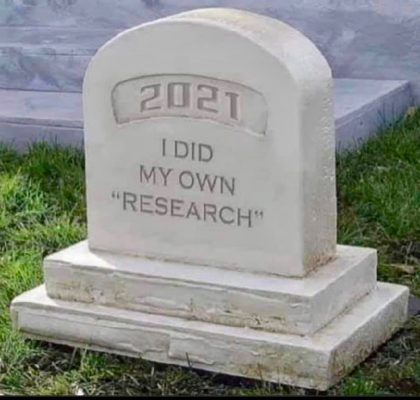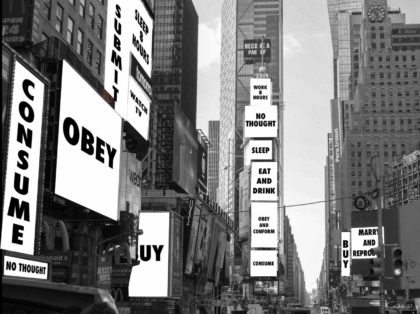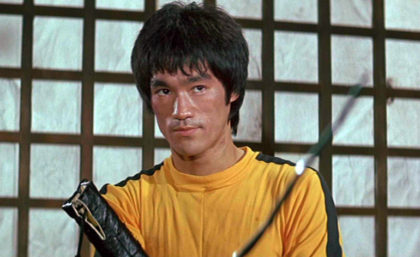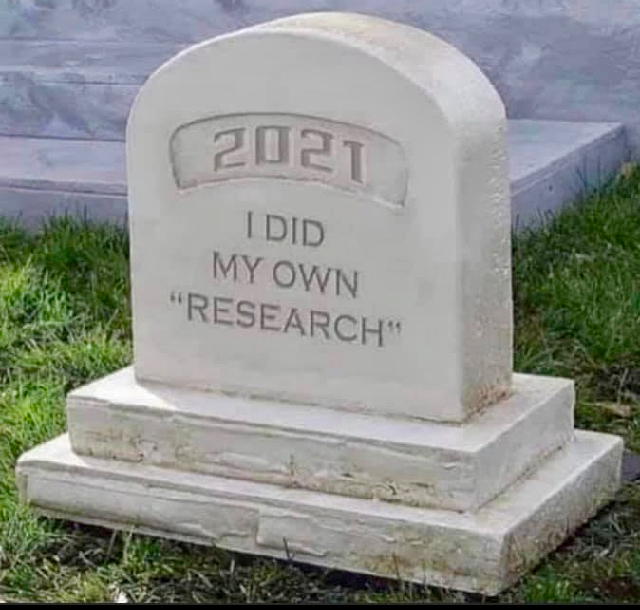Spoiler alert. The title of this blog post is just a play on words, inspired by the title of the Bruce Lee film, Game of Death. This blog has nothing to do with Bruce Lee.
I’ve used Facebook for about ![]() ten years, mainly for business purposes. At one time I owned a business in Las Vegas, and I often gigged as a solo musician as well. So Facebook was a useful tool for promotional purposes. However, Facebook serves another purpose as well.
ten years, mainly for business purposes. At one time I owned a business in Las Vegas, and I often gigged as a solo musician as well. So Facebook was a useful tool for promotional purposes. However, Facebook serves another purpose as well.
Whenever I see some new meme introduced into the Facebook “information stream”, I understand that it’s going to be spread far and wide, much like dumping the contents of a bucket into a river. The social network isn’t called a network for nothing. A good example is the famous meme from a few years back, “Epstein didn’t kill himself”. That meme appeared out of nowhere and went viral, showing up in everybody’s Facebook timeline. Unfortunately, it never sparked any genuine, demonstrative outrage, but that’s neither here nor there.  The point is this; people forget that Facebook is a form of media, and it serves the same purpose as all media. Facebook promotes a narrative.
The point is this; people forget that Facebook is a form of media, and it serves the same purpose as all media. Facebook promotes a narrative.
I recently saw a Facebook meme that struck me like a sledgehammer and flattened me to the ground. I’ve studied propaganda ever since I was a teenager, but I’ve never, ever seen a message as disturbing as this one. The meme came in the form of an image of a tombstone, and there was text. It read: “2021: I did my own research”. It could just as easily have read, “2021: I thought for myself”, since that was obviously the message being conveyed. The message made me sick. I literally screamed my guts out when I read it. I read it in the morning and my entire day was totally ruined. Worse than ruined. I don’t think I’m I’m exaggerating to suggest I was somewhat traumatized by that meme, and remain so now.  That disgusting meme was a sad and sobering reminder of just how dystopian our “new normal” really is. Humanity is entering a new phase, and media is playing a major role in the transition. The words on that tombstone spell out the future very clearly, and it’s a bleak future indeed.
That disgusting meme was a sad and sobering reminder of just how dystopian our “new normal” really is. Humanity is entering a new phase, and media is playing a major role in the transition. The words on that tombstone spell out the future very clearly, and it’s a bleak future indeed.
Critical thinking is fatal.
Since the beginning of the “COVID-1984” nightmare, media has been broadcasting fear porn 24/7, designed to keep us healthily informed. I’ve been watching the nightmare unfold with a magnifying glass right from the start. I noticed something immediately. Any ideas/theories contrary to the “official” narrative were strictly forbidden, and there was no discussion, let alone debate. Youtube, Twitter and Facebook combined to form a “ministry of truth” straight out of Orwell’s 1984 and vigorously suppressed any and all contrary notions. The creeping media censorship I’ve noticed in recent years suddenly kicked into  overdrive. Overnight, America became a one narrative nation. In a free and rational world, truth has no fear and welcomes discussion. The demonization of discussion is perhaps the most frightening part of “new normal”.
overdrive. Overnight, America became a one narrative nation. In a free and rational world, truth has no fear and welcomes discussion. The demonization of discussion is perhaps the most frightening part of “new normal”.
Regardless of what challenges an individual or society faces, the rejection of critical thinking is a precarious option. Because if you’re not thinking for yourself, then someone else is thinking for you. That’s a good thing for small children and people too busy to manage their own lives. It doesn’t work for me. If it works for you, that doesn’t make you a bad person. It just means you’ve already taken your place in the new normal. Anyone, or any platform suggesting that critical  thinking is potentially fatal has nefarious intentions and should be distrusted, or even avoided altogether. The very idea is so insane, it sounds like something out of John Carpenter’s dystopian film, They Live.
thinking is potentially fatal has nefarious intentions and should be distrusted, or even avoided altogether. The very idea is so insane, it sounds like something out of John Carpenter’s dystopian film, They Live.
 I began this blog post by stating it had nothing to do with Bruce Lee. I was wrong. Ironically, in a roundabout way, it actually does. Because if anyone ever personified the importance of thinking for oneself, it was Bruce Lee. That’s one of the reasons why he remains one of the most important and influential figures of all time. Critical thinking is the single most important key to controlling one’s own destiny.
I began this blog post by stating it had nothing to do with Bruce Lee. I was wrong. Ironically, in a roundabout way, it actually does. Because if anyone ever personified the importance of thinking for oneself, it was Bruce Lee. That’s one of the reasons why he remains one of the most important and influential figures of all time. Critical thinking is the single most important key to controlling one’s own destiny.
